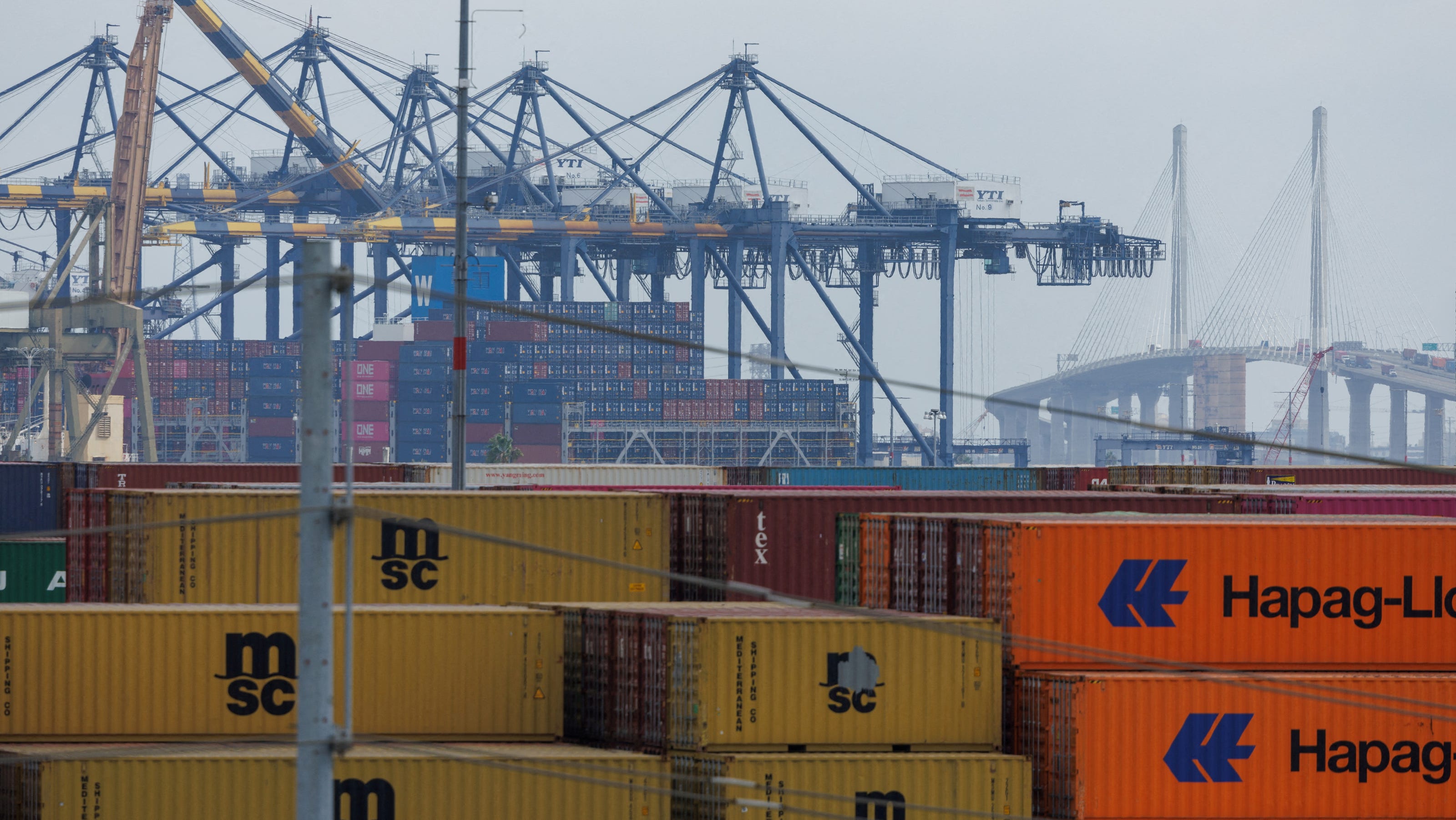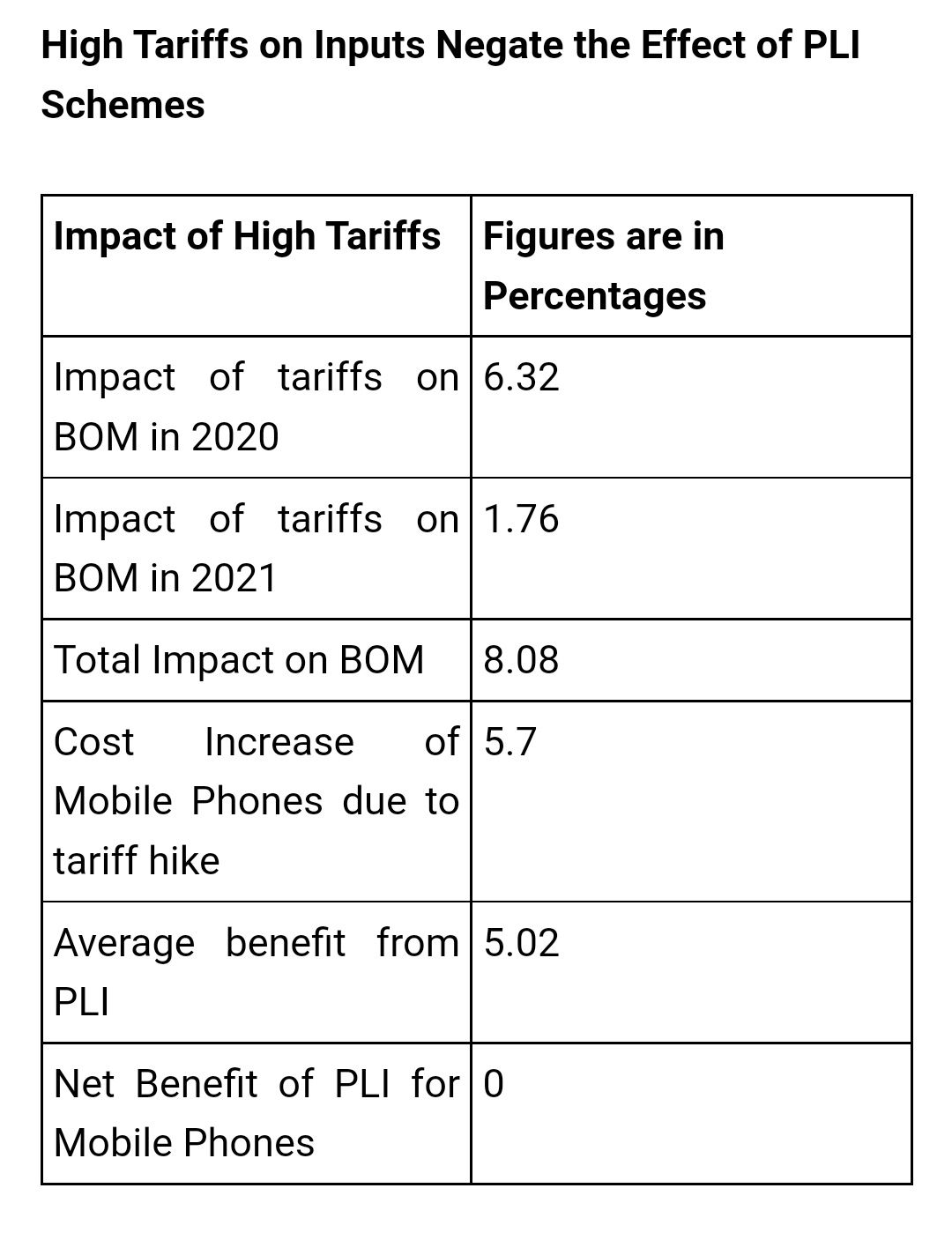Honda Halts $15 Billion EV Plant In Ontario: Impact Of Market Slowdown

Table of Contents
Honda's Justification for Halting Construction
Honda's justification for halting the massive Ontario EV plant project is multifaceted, stemming from a confluence of factors impacting the global automotive landscape.
Slowing EV Demand
The weakening global demand for electric vehicles is a primary driver behind Honda's decision. Market research consistently points towards a slowdown in EV sales growth.
- Declining EV sales in key markets: Sales figures in major automotive markets like Europe and North America indicate a slowing growth trajectory for EVs, with some regions even experiencing declines. This is partially attributed to the challenging economic climate.
- Increased competition: The EV market is becoming increasingly competitive, with established automakers and new entrants vying for market share. This intense competition is putting pressure on pricing and profitability.
- Rising battery costs: The cost of lithium-ion batteries, a crucial component of EVs, remains a significant hurdle. Fluctuations in raw material prices and supply chain disruptions contribute to increased manufacturing costs.
- Consumer hesitancy: High purchase prices, range anxiety, and a lack of widespread charging infrastructure continue to deter some consumers from adopting electric vehicles.
Economic Factors
Beyond market demand, economic headwinds significantly influenced Honda's investment decision.
- Increased construction costs: Inflation and supply chain disruptions have driven up construction costs, making the already massive $15 billion project even more financially risky.
- Potential financial risks: The volatile economic climate, characterized by rising interest rates and uncertainty, amplified the financial risks associated with such a large-scale undertaking. The potential return on investment (ROI) became questionable.
- Impact on return on investment (ROI): With a slower-than-anticipated market uptake and increased costs, the projected ROI for the Ontario plant likely fell below Honda's acceptable threshold.
Government Incentives and Support
The level of government incentives and support also played a role in Honda's decision.
- Comparison of government support in other regions: Honda likely compared the incentives offered by Ontario with those available in other potential manufacturing locations, influencing its final decision.
- Analysis of potential tax breaks or subsidies: The availability and generosity of tax breaks, subsidies, and other government support programs for EV manufacturing were crucial factors in the cost-benefit analysis.
- Impact of changing regulations: Changes in government regulations regarding EV production, emissions standards, and incentives could have impacted the project's viability and profitability.
Consequences for Ontario's Economy
The halting of the Honda EV plant carries significant economic consequences for Ontario.
Job Losses and Economic Impact
The project's cancellation will lead to substantial job losses, impacting not only direct employment at the plant but also related industries.
- Estimated number of jobs lost: The exact number of lost jobs remains unclear, but estimates suggest thousands of direct and indirect job losses across the supply chain.
- Impact on related industries: Suppliers, construction firms, and related businesses will experience a negative economic ripple effect from the project's cancellation.
- Potential long-term economic effects: The long-term impact on Ontario's economy could be significant, potentially hindering its efforts to diversify and grow its manufacturing sector.
Impact on Ontario's EV Strategy
Honda's decision throws a wrench into Ontario's strategy to become a North American leader in EV manufacturing.
- Re-evaluation of provincial EV initiatives: The provincial government will likely need to re-evaluate its EV initiatives and incentives in light of Honda's decision.
- Potential adjustments to government policies: Policy adjustments might be necessary to attract future investments in the EV sector and ensure the province's competitiveness.
- Impact on attracting future EV investments: The cancellation could negatively impact Ontario's ability to attract future investments in the EV sector, potentially damaging its reputation.
Reputational Damage
The decision could damage Ontario's reputation as an attractive location for foreign investment in the automotive industry.
- Impact on investor confidence: The cancellation could erode investor confidence in Ontario's ability to support large-scale manufacturing projects.
- Potential loss of future investment opportunities: Other automakers may hesitate to invest in Ontario, fearing similar setbacks.
- Negative media coverage and its impact: Negative media coverage surrounding the cancellation will likely exacerbate the reputational damage.
Global Implications and Future Outlook for Honda's EV Strategy
Honda's decision reflects broader trends in the global EV market and necessitates adjustments to its overall strategy.
Global EV Market Trends
The slowdown in the global EV market is a significant development affecting numerous automakers.
- Analysis of global EV sales forecasts: Global EV sales forecasts are being revised downwards, reflecting the current market realities.
- Comparison of market share among major players: The competitive landscape is shifting as automakers adapt to the changing market dynamics.
- Predictions for future growth: Predictions for future EV market growth are more cautious than previously anticipated.
Honda's Revised EV Plans
Honda will likely need to reassess its global EV strategy following the Ontario plant halt.
- Potential changes to production schedules: Honda may need to adjust its production schedules and timelines for its global EV rollout.
- Reassessment of investment priorities: The company will likely reassess its investment priorities, potentially focusing on more profitable and less risky ventures.
- Exploration of alternative manufacturing locations: Honda may explore alternative locations for its EV production, prioritizing regions with more favorable economic conditions and government support.
Conclusion
Honda's decision to halt its $15 billion EV plant in Ontario underscores the impact of the global EV market slowdown and its cascading effects. The consequences for Ontario's economy are substantial, ranging from job losses to reputational damage. Honda's revised EV strategy will undoubtedly need to adapt to the current market challenges. To stay updated on the future of Honda EV Plant Ontario and the broader impact on the electric vehicle landscape, follow the latest news and analysis. Learn more about the impact of the global EV slowdown and its effects on automakers' investment strategies. Stay informed about the evolving landscape of the Honda EV market to understand the future direction of electric vehicle production.

Featured Posts
-
 Trumps Tariffs A 16 Billion Hit To Californias Revenue
May 15, 2025
Trumps Tariffs A 16 Billion Hit To Californias Revenue
May 15, 2025 -
 Jimmy Butler Injury Update Pelvic Contusion Casts Doubt On Future Games
May 15, 2025
Jimmy Butler Injury Update Pelvic Contusion Casts Doubt On Future Games
May 15, 2025 -
 Celtics Vs Hornets Expert Predictions And Betting Odds For Tonights Game
May 15, 2025
Celtics Vs Hornets Expert Predictions And Betting Odds For Tonights Game
May 15, 2025 -
 Understanding Microsofts Recent Layoff Of 6 000 Employees
May 15, 2025
Understanding Microsofts Recent Layoff Of 6 000 Employees
May 15, 2025 -
 Analyzing The Impact Of Reciprocal Tariffs On Indian Industries
May 15, 2025
Analyzing The Impact Of Reciprocal Tariffs On Indian Industries
May 15, 2025
